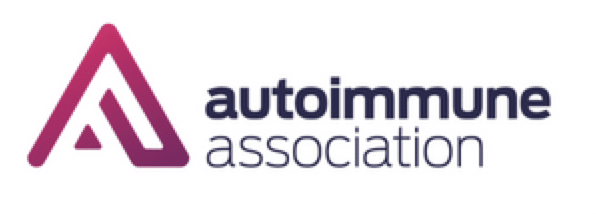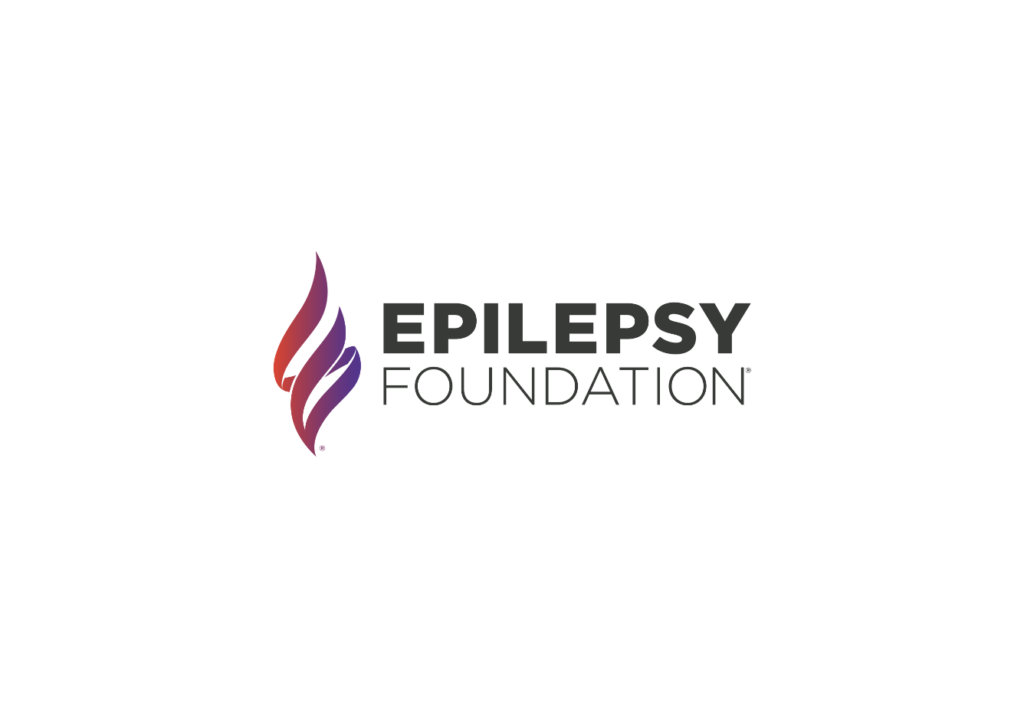

Raising Awareness During March Autoimmune Awareness Month
By: Molly Murray, President and CEO, Autoimmune Association
Autoimmune Awareness Month is observed every March with the aim of promoting awareness and understanding of autoimmune diseases. These diseases occur when the body’s immune system mistakenly attacks its own tissues, causing damage. Over 100 autoimmune diseases have been identified, ranging from common conditions such as rheumatoid arthritis and multiple sclerosis to rare conditions like myositis and antiphospholipid syndrome. An estimated 50 million people in the U.S. alone are living with autoimmune disease, and studies show it’s on the rise.
About Autoimmune Disease
The symptoms of autoimmune diseases can vary greatly depending on the specific disease and the affected tissues. However, common symptoms include fatigue, joint pain and swelling, skin rashes, fever, and muscle weakness. These symptoms can come and go over time, making diagnosis challenging.
Treatment options for autoimmune diseases include immunosuppressive medications, corticosteroids, and nonsteroidal anti-inflammatory drugs (NSAIDs). Lifestyle changes such as regular exercise, healthy diet, and stress reduction can also help to manage symptoms. Unfortunately, there is no cure for most autoimmune diseases, and treatment mainly focuses on managing symptoms and slowing disease progression.
Advancing Diagnosis and Treatment through Research
Research into autoimmune diseases is ongoing, with the aim of developing new treatments and improving patient outcomes. Recent advances in genetics and molecular biology have led to a better understanding of the causes and mechanisms of these diseases. Researchers are also investigating the potential of new therapies such as gene editing, immunotherapies, and stem cell therapies.
In addition to new treatments, efforts are also being made to improve diagnosis of autoimmune diseases. Doctors are being trained to recognize the signs and symptoms of these diseases, and new diagnostic tools are being developed. For example, some researchers are investigating the use of blood tests that can detect autoantibodies, which are antibodies that attack the body’s own tissues.
One challenge in autoimmune disease research is the complexity and heterogeneity of these diseases. Each autoimmune disease is unique, and patients can have varying disease manifestations and responses to treatment. This makes clinical trials and drug development challenging. However, efforts are being made to develop personalized medicine approaches, where treatment is tailored to the individual patient’s disease subtype and symptoms.
The future of autoimmune disease research looks promising, with ongoing advances in genetics, molecular biology, and personalized medicine. While there is still much to learn about these complex diseases, new treatments and diagnostic tools offer hope for patients with autoimmune diseases. Increased awareness and support for research into autoimmune diseases can help to improve patient outcomes and ultimately lead to a cure.
Creating a Better Future through Awareness
Raising awareness for a disease can have a significant impact on increasing research efforts and improving medical practices related to that disease. This is particularly true for autoimmune diseases.
One of the main reasons that raising awareness can inspire researchers to study autoimmune diseases more is that it increases public interest in the topic. When more people are talking about autoimmune disease, it generates more attention from researchers who are looking for new and innovative ways to address the issue. This increased interest can result in more funding for research, as well as more opportunities for researchers to collaborate and share their findings.
Another benefit of raising awareness is that it can help doctors understand autoimmune diseases better. This is particularly important because many autoimmune diseases are challenging to diagnose, and symptoms can often be mistaken for other conditions. By raising awareness, doctors can become more familiar with the signs and symptoms of autoimmune diseases, making them better equipped to recognize and diagnose them.
Furthermore, raising awareness can help doctors stay up to date with the latest research and treatment options for autoimmune diseases. This can be particularly important because autoimmune diseases are often complex and multifaceted, and new treatments are continually being developed. By staying informed, doctors can provide their patients with the most up-to-date information and treatment options available.
Finally, raising awareness for autoimmune diseases can also help reduce the stigma surrounding them. Many people with autoimmune diseases report feeling isolated and misunderstood, and this can lead to significant emotional and psychological distress. By raising awareness and increasing understanding of these diseases, we can help create a more supportive and inclusive environment for those affected.
During Autoimmune Awareness Month and beyond, everyone can play a role in raising awareness. Small actions like sharing information on social media, starting conversations with friends and family, or holding a fundraiser can make a big impact. By following and sharing the Autoimmune Association’s social media content, spreading awareness among your network, or hosting a fundraiser, you can help increase understanding, advance research, and create hope for those living with autoimmune diseases.
About the Autoimmune Association
With so many conditions affecting so many people, autoimmune disease in undeniably a major public health concern. As a leader in the fight against autoimmunity, the Autoimmune Association serves patients, sponsors research, advocates for access to healthcare, and fosters collaboration to identify and explore the common threads that link autoimmune diseases.
The Autoimmune Association is a member of the National Health Council. For more information on NHC membership, please email membership@nhcouncil.org.


